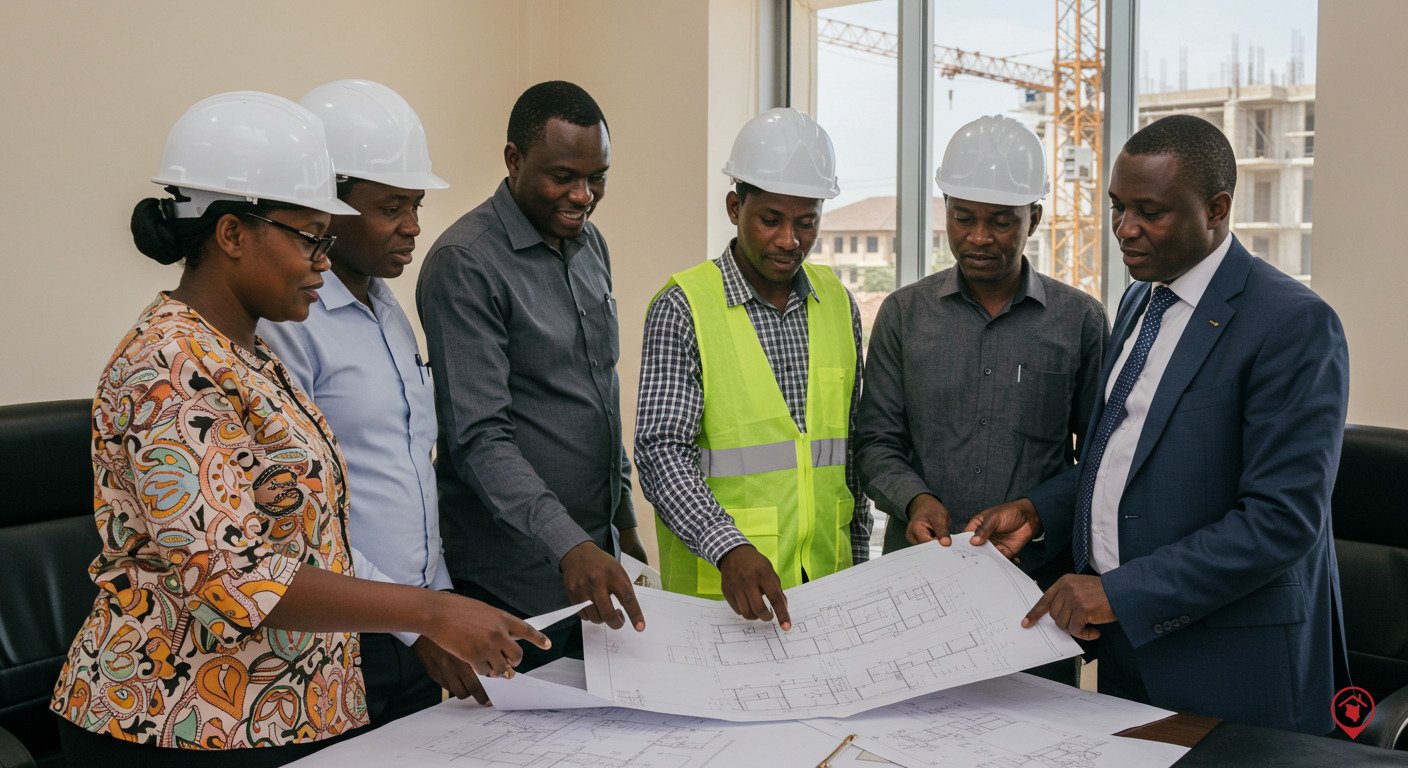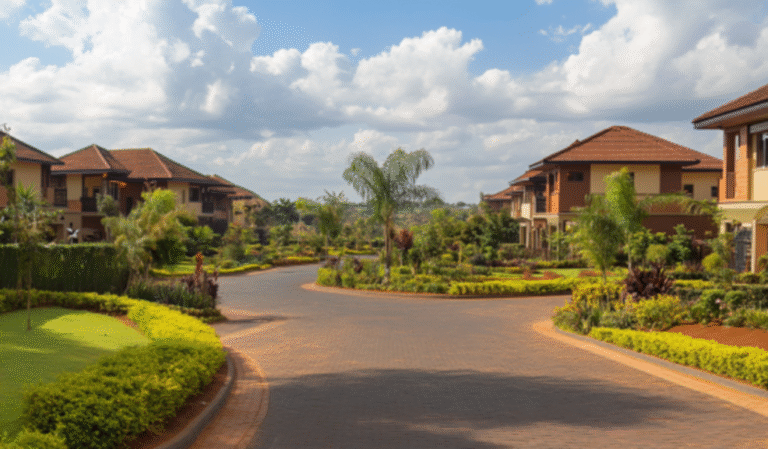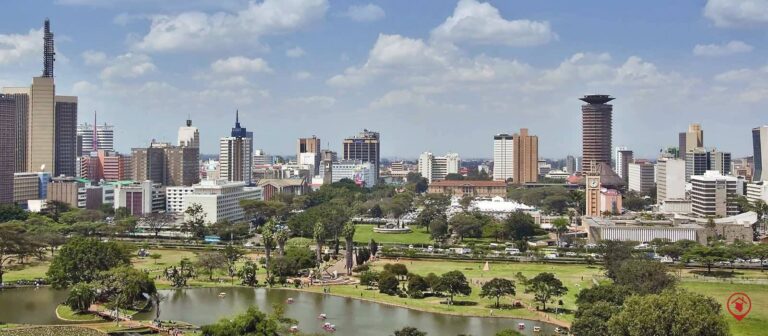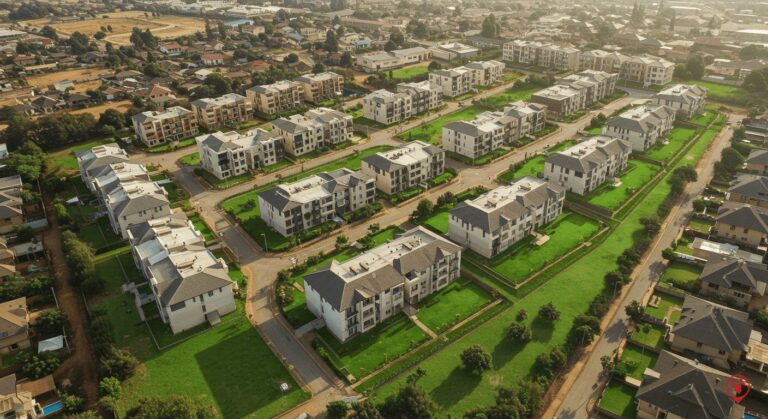7 Smart Ways to Invest in Real Estate in Kenya
- Real estate is at an all-time boom, and for good reason.
- Technology has also played a big role.
- Real estate in Kenya is full of opportunities — whether you’re starting small or ready to go big.
- Start where you are, with what you have, and grow from there.
Real estate is at an all-time boom, and for good reason. Year after year, our cities keep growing, thanks to population growth and steady economic progress. As the economy improves, we’ve seen the rise of a strong middle class, which has increased people’s purchasing power. On top of that, massive infrastructure development has opened up satellite towns and made areas that once felt far-flung more accessible and attractive for settlement.
Technology has also played a big role. From virtual property tours to digital land searches, it’s never been easier to navigate the market. All signs show that the industry is only going up from here, and that’s the reality of real estate in Kenya today.
And here’s the best part: real estate is incredibly diverse. There’s no one way to invest, whether you’re starting small or going big, there’s something for everyone. With all these factors in play, the opportunities will only keep growing.
So, where do you begin? Let’s break down some of the smartest ways to invest in real estate in Kenya right now.
1. Buy and Hold (Long-Term Rental Income)
Buy and hold is exactly what it sounds like — you buy a property and hold onto it for the long term while renting it out and enjoying the benefits of being a landlord.
If you’re looking for steady, long-term returns, this strategy is a solid choice, especially if you invest in a growing area. That way, your property is more likely to retain or increase in value over time.
The rental income can provide consistent cash flow, and in high-demand areas, it could even increase as the neighbourhood develops. And if you ever decide to sell, chances are you’ll walk away with a profit rather than a loss.
2. Buy Land and Wait
Another smart way to invest in real estate is by buying land for speculation. This approach requires a bit of vision — the ability to see the potential of an area before it fully develops.
Take Ruiru or Kitengela, for example. Investors who bought land in those areas a few years ago are now reaping big returns. With developments like Tatu City, land prices have shot up, in some places, more than five times what they were.
Real estate is currently a hot market, and there’s plenty of information out there to help you research an area, identify its potential, and decide when to invest. The beauty of land is that it requires minimal maintenance. All you really need is insight and a bit of patience.
3. Build to Rent or Sell
Building to rent or sell has become one of the most lucrative and fast-growing real estate strategies in Kenya. With the population steadily rising, more people are constantly on the lookout for homes — whether to rent or to buy and settle down.
Urban centres and their outskirts are attracting a wave of people moving for work, school, or lifestyle convenience. As a result, there’s a growing demand for quality housing, particularly in satellite towns like Syokimau, Ruaka, Kitengela, Kinoo, and Ruiru. These areas are hotspots for development, and building rental apartments or residential units for sale is proving to be a profitable move.
This strategy allows you to tap into two opportunities: rental income if you choose to hold the units, or upfront profit if you sell. You can tailor your project to your target market — from affordable bedsitters to mid-range apartments or family homes. The key here is knowing your audience, building in the right location, and managing your costs wisely.
4. Invest in Airbnb or Short-Term Rentals
Short-term rentals, like Airbnbs, are becoming an increasingly popular investment option, especially in urban and tourist-friendly areas like Nairobi, Naivasha, Nanyuki, Mombasa, and Diani.
This strategy involves furnishing and renting out a property to guests on a short-term basis — anything from a few nights to a few weeks. If done well, it can generate higher returns than traditional long-term rentals, especially in high-traffic locations or during peak seasons like holidays and events.
The catch? It’s more hands-on. You’ll need to invest in good furniture and décor, keep the space well-maintained, and offer great customer service to earn good reviews and repeat bookings. You can manage it yourself or hire a co-host or property manager to take care of day-to-day operations.
If you have a property in a prime or scenic location, turning it into an Airbnb could be one of the most flexible and rewarding ways to earn from real estate.
5. Commercial Property
This type of investment is a serious one. Truth be told, it’s quite capital intensive at the start. However, the returns can be worth every shilling, especially because commercial property leases tend to run for longer periods, offering stable, predictable income.
Commercial real estate includes things like office spaces, retail shops, warehouses, and mixed-use developments. Rent from commercial tenants is typically higher than what you’d get from residential tenants, and turnover tends to be lower, which means less hassle and more consistency.
In Kenya, areas like Westlands, Upper Hill, Industrial Area, and along the bypasses are popular commercial zones. There’s also rising demand for warehousing and logistics space, driven by the growth of e-commerce and small-scale manufacturing.
It’s not for the faint-hearted — you’ll need capital, patience, and a good grasp of the market. But if you’re ready to scale, this is one of the most rewarding real estate investment routes out there.
6. Real Estate Investment Trusts (REITs)
If you want to get into real estate but don’t want the pressure of owning or managing property directly, then REITs (Real Estate Investment Trusts) might be the perfect option for you.
Think of it as owning a small slice of a big real estate pie. You invest in a professionally managed portfolio of properties — like malls, office buildings, or rental developments — and earn a share of the income they generate, usually through dividends.
In Kenya, REITs are still gaining traction, but we already have examples like the Fahari I-REIT listed on the Nairobi Securities Exchange. You don’t need millions to get started — in fact, you can invest with as little as a few thousand shillings.
The best part? It’s a passive investment. You don’t have to worry about tenants, maintenance, or property management. Just do your research, choose wisely, and let your money work for you.
7. Group Investments or Joint Ventures
Real estate doesn’t have to be a solo journey — and let’s be honest, with how expensive land and construction can be, sometimes it just makes more sense to join forces.
Group investments or joint ventures allow people to pool resources together to invest in property. This could be in the form of a chama, SACCO, family group, or even friends with a common goal. Everyone contributes, risks are shared, and the rewards are split based on your agreement.
This strategy is especially helpful when you’re starting out and want to break into real estate without bearing the full financial burden alone. You can invest in land, build rental units, or even flip houses together — the options are flexible.
Just make sure to formalise everything. Have proper agreements in place, be clear on roles, responsibilities, and exit plans. When done right, joint ventures are a smart and practical way to build wealth collectively.
Final Thoughts
Real estate in Kenya is full of opportunities — whether you’re starting small or ready to go big. From buying land and waiting, to jumping into Airbnb, or joining forces through a chama, there’s no one-size-fits-all approach. The key is understanding your financial goals, doing your research, and choosing a path that aligns with your capacity and vision.
The beauty of real estate is that it’s not just about owning property, it’s about building wealth, creating stability, and securing your future. You don’t have to wait until everything is perfect. Start where you are, with what you have, and grow from there.








